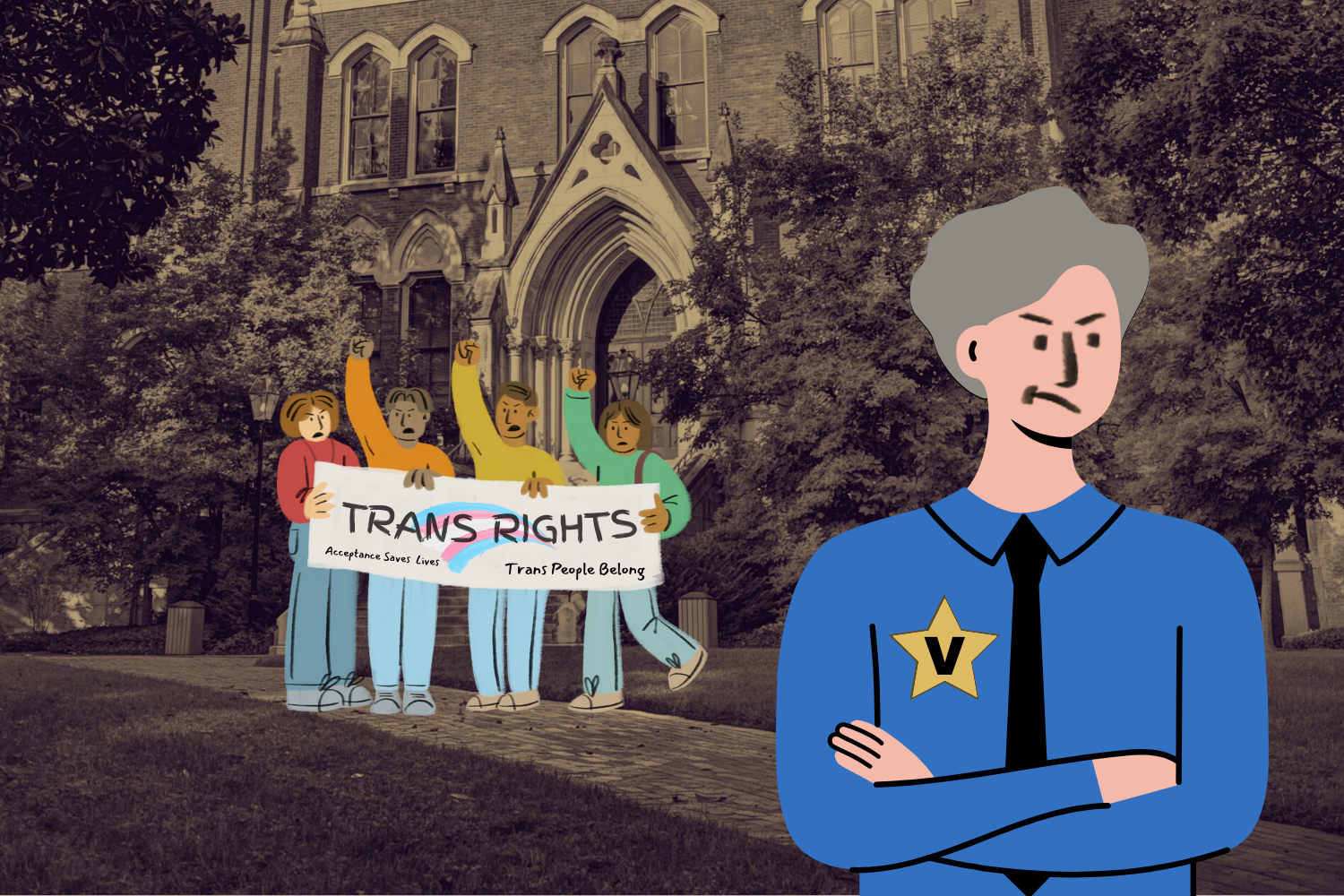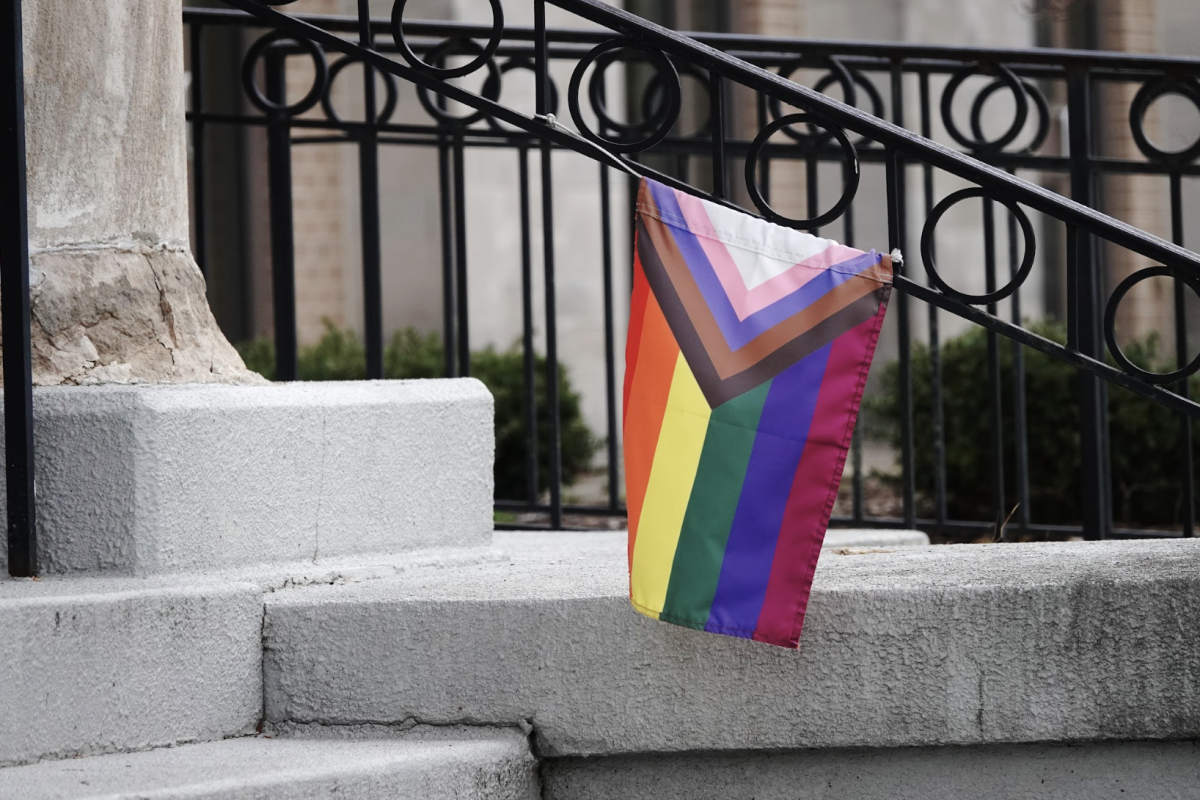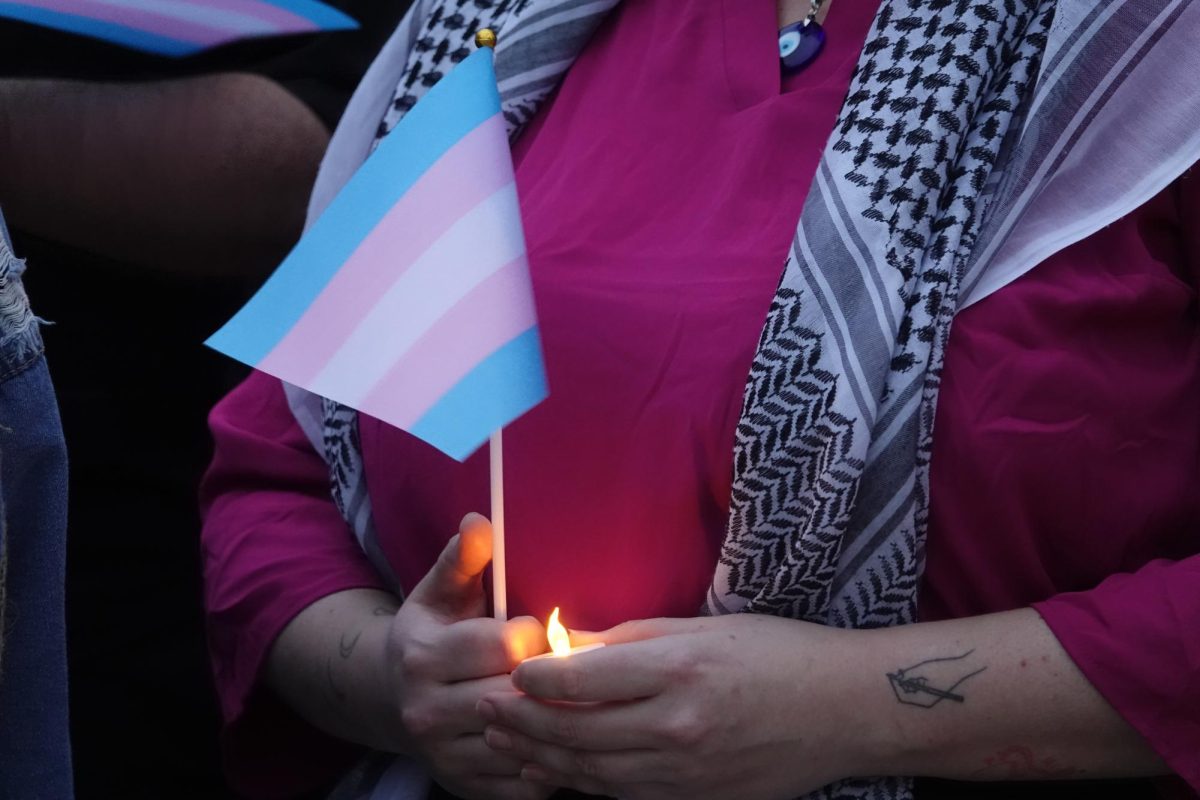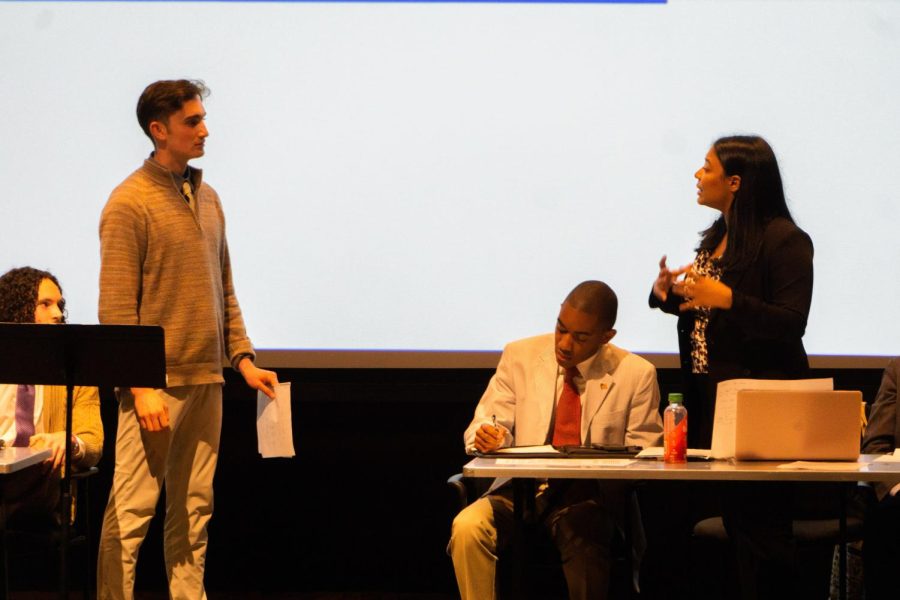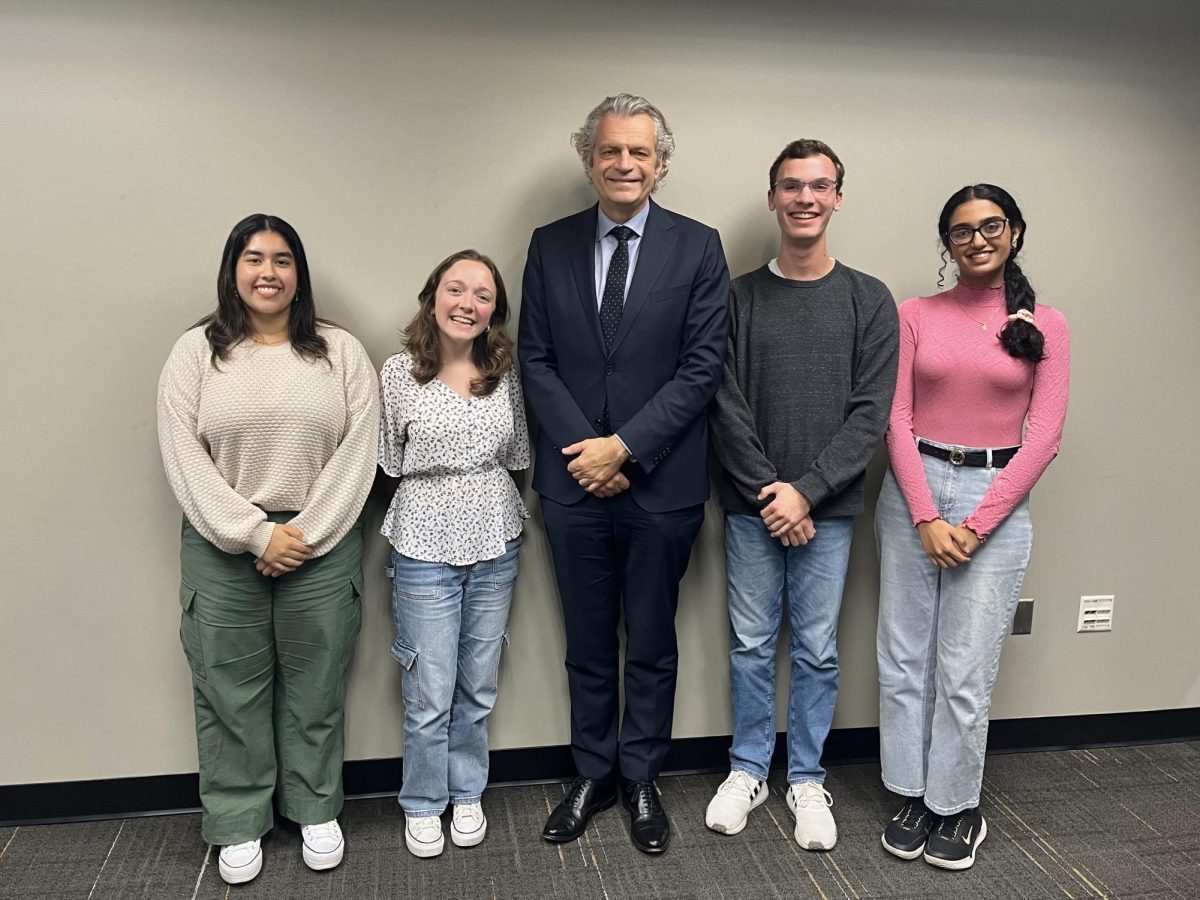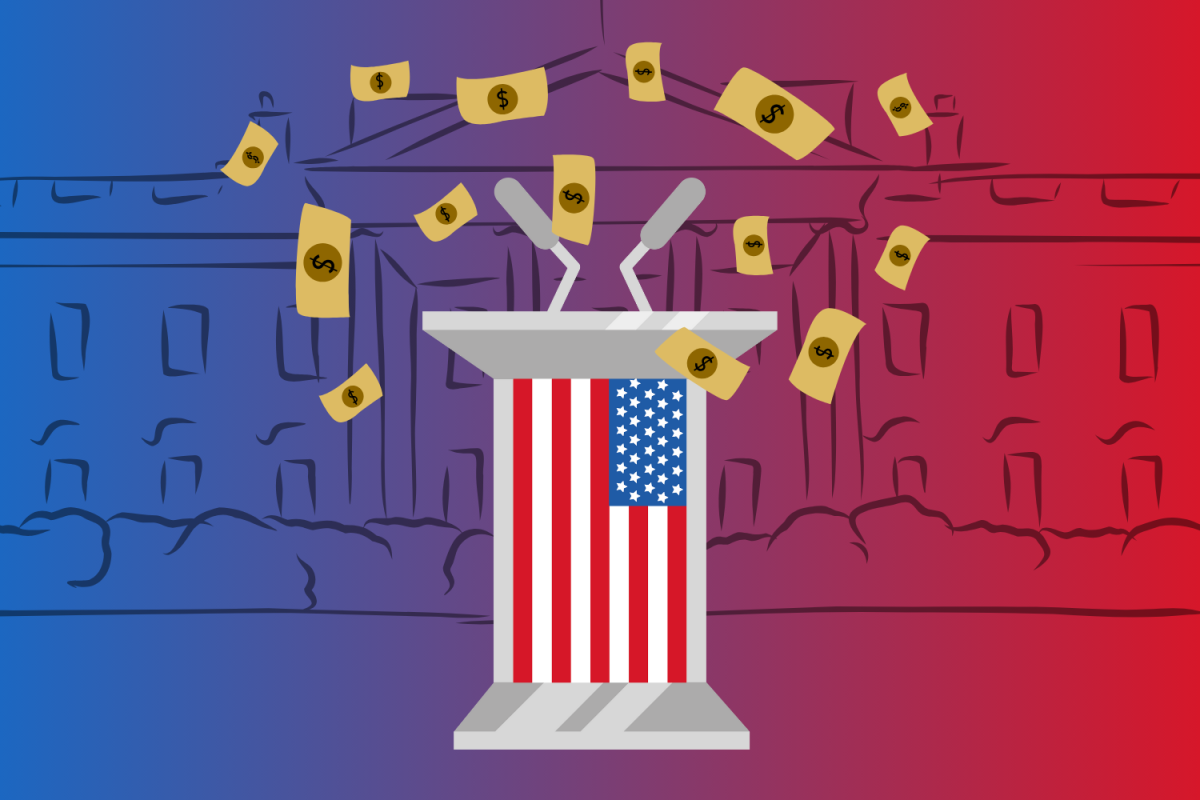Across my six semesters at Vanderbilt, I have taken several classes in the Department of Political Science where we discuss the issues at stake in protecting the institutions of American Democracy. I took classes with influential academics and political scientists — like Professor Jon Meacham — where we learned about the impact of different factors such as political polarization and social trust as measurements of relative stability in our democracy. Specifically, “political and ideological extremism” is considered by the Department of Political Science’s Unity Index a threat to democratic unity.
However, I have yet to hear any outcry from Vanderbilt’s most decorated scholars of political science — from Meacham to Chancellor Daniel Diermeier to many others — on the current wave of ideological extremism responsible for a slate of bills that aim to dehumanize trans and queer people in Tennessee.
Two bills written with the intent of policing trans people passed through the Tennessee legislature, a body made up of many Vanderbilt Law School graduates, on Feb. 23. Senate Bill 3/House Bill 9 gives Tennessee the right to criminalize anyone considered to be dressed in drag. The bill intends to amend an existing law that prevents “adult-oriented” businesses from existing within 1,000 feet of schools, public parks or places of worship. It adds language about “adult cabaret performances” which are defined as including “male or female impersonators who provide entertainment that appeals to a “prurient” interest.” This bill has the explicit intent of portraying drag as a sexual performance that should be curtailed, as evidenced by Representative Chris Todd (R) attributing the reason behind his sponsorship of the bill to his disgust at seeing a family-friendly drag show at a public park during pride month last year. Senate Majority Leader Jack Johnson, who introduced the bill, explained in a statement to Reuters that the bill was designed to give “confidence to parents that they can take their kids to a public or private show and will not be blindsided by a sexualized performance.”
The vilification of drag sexualizes trans people for existing due to their choice of dress and threatens queer people’s ability to be in community with each other. Queer students at Vanderbilt have long gone to Play Dance Bar’s drag shows to find queer community in Nashville; Vanderbilt’s queer organization on campus, Vanderbilt Lambda Association, also hosts an annual drag show loved by both queer students and allies alike. Drag shows are a space of enjoyment for those who wish to celebrate queerness. HB9 will criminalize being trans in public in Tennessee and intends to put fear in the minds of those who are daring enough to embrace and be proud of their identity.
The second piece of proposed legislation, HB1/SB1, aims to ban gender-affirming care, such as puberty blockers and hormone replacement therapy for minors. This type of ban is particularly heinous as forcing trans youth to go through the puberty of their sex assigned at birth will likely exacerbate their gender dysphoria. Furthermore, the bill gives trans youth one year to detransition. Studies show that a lack of gender-affirming care will heighten already high rates of suicidality among trans and queer youth. More broadly, there is a correlation between anti-trans legislation and hate crimes against trans people, especially Black trans women. What prospective trans student would want to come to Vanderbilt when university administrators have said nothing condemning the legislation being passed, nor have they made any commitment to support students under attack?
As we witness the systematic criminalization of trans existence, esteemed scholars at Vanderbilt must use their influence in academia and politics to demand that policymakers like Governor Bill Lee veto bills that will endanger lives, especially those of students at their own university. Diermeier must break his stance of principled neutrality to protect students. As students, we must reckon with the fact that the people in positions of authority at this university have the ability to shape discourse in a manner many others in Nashville do not. Accordingly, we must use our power to place pressure on them to act.
Student organizations have already asked, demanded, begged, and protested administrators to pay attention to the plight of trans and queer students. When Matt Walsh came to Nashville and his online and in-person supporters harassed queer people throughout the city, students began taking safety measures on their own accord. It seemed there was little to no heeding of the issue from administrators, even in the midst of events such as a violent anti-trans rally held at the State Capitol and protesters gathering outside of VUMC posing a danger to students. A university response was sent after Lambda and Hidden Dores organized to put up banners supporting trans students on campus and trans patients at VUMC. In an Oct. 9, 2022, conversation with The Hustler, Diermeier did not seem to have heard student concerns, referring to the university response as a sufficient reaction to the incidents.
“You’ve probably seen the message that we sent to the community a couple weeks ago,” Diermeier said. “I haven’t heard anything that people haven’t been able to access support or anything along those lines.”
On Feb. 18, a picture was posted on Diermeier’s Twitter, showing him enjoying a Vanderbilt Men’s Basketball game alongside Bill Lee, the same man who now has the power to sign the bills endangering trans people on and off campus. Meacham on the other hand, has a long and storied friendship and co-professorship with former Governor Bill Haslam, notorious for his passage of HB 1111. Also known as the “LGBT erasure” bill, this piece of legislation similarly used “natural and ordinary” definitions of words such as “mother” or “husband” that create loopholes for the state to discriminate against same-sex couples.
To my professors who profess to uphold social justice movements as American “Hours of Hope,” to Meacham and Diermeier, to the many others who consistently refer to the Civil Rights movement as one of Nashville’s many contributions to this country’s history: I urge you to remember the role Vanderbilt played in the Civil Rights Movement — one that involved the expelling of civil rights organizer Reverend James Lawson. Remember the oft-quoted line from Dr. Martin King Luther Jr.: “In the end, we will remember not the words of our enemies, but the silence of our friends.”
While we plead and protest to administrators, we are met with the insistence that they are doing enough. How can our administrators be doing enough when trans and queer students face continued and state-directed harassment and criminalization for their identities? With the forthcoming passage of the new bills, current provisions for gender-affirming care that are offered to students under the Student Health Insurance Plan by VUMC are under threat. Currently, the Student Health Center offers a number of gender-affirming services, including hormone therapy. Where is the guarantee that trans and queer students will continue to receive the healthcare they need? Which Vanderbilt administrator will take a stand to protect trans students who dare to leave campus to enjoy themselves without the fear of getting arrested?
As students, we ought to press our most prestigious faculty and administrators to break their silence and their commitment to “principled restraint on taking policy positions that are not directly affecting the university.” In reality, Vanderbilt’s silence on a number of issues directly affects students. Despite Diermeier’s claims, principled neutrality is a position. When Vanderbilt administrators remain quiet in the face of the onslaught of attacks on trans existence, they are making this position clear: Tennessee is free to do as it chooses, even when its actions violate the democratic principles the university claims to stand for. What exactly is the principle behind principled neutrality?
My trans friends make this campus what it is. They are writers, poets, student journalists, computer scientists, future doctors, aspiring teachers, playwrights, student leaders and so much more. They are our future; they are this university’s future. Vanderbilt cannot continue recruiting marginalized students and profiting off their talent without ensuring their safety and ability to thrive. How can trans students achieve their full potential as students when they are worried for their safety and rights every day? Lee has seven days to either veto or sign this bill into law and will likely do it in less time.
Meacham, Diermeier and all administrators and professors at Vanderbilt: You have power, influence and prestige, and now is the time to listen to your better angels. Rather than the same, empty and quite literally machine-produced statements about the failures of public policy, use your words to actively challenge the harmful practices of the status quo. Practice the same morals you have preached to us in lectures and public ceremonies. Please advocate for your students and trans residents of Nashville who have done nothing other than express their right to life. Urge Lee to veto these horrific bills before there are irreversible consequences. Do so to stop Tenneesse from being the first state in the country to pass a drag ban and serving as a role model for a number of other anti-trans bills slated to be considered across the country. Do so if not due to your care for the trans residents of Tennessee, but at least so that history may remember you in a positive light.


